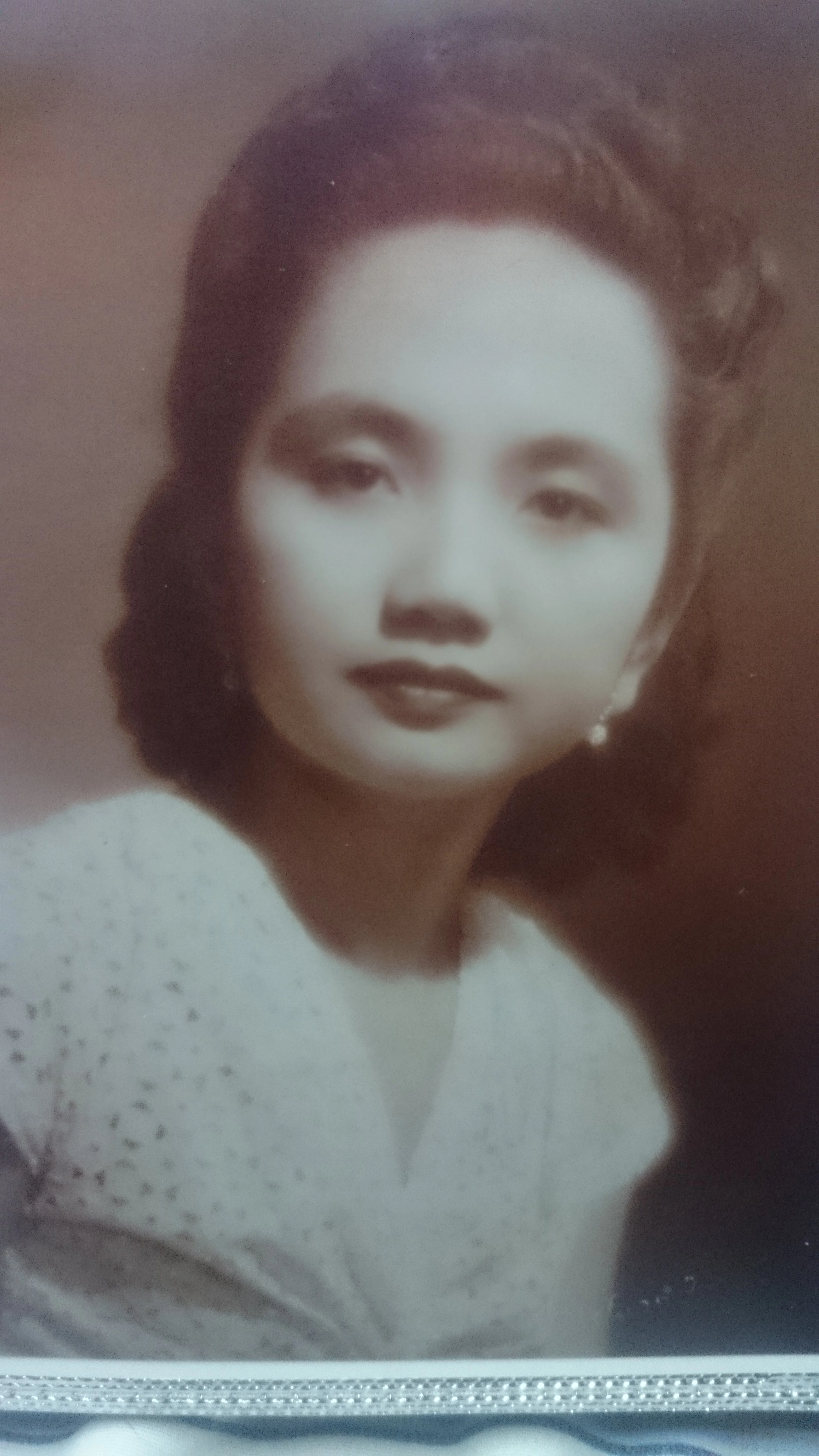Escape to Cebu
I had always been fascinated by how my lola, Coring, survived World War 2.
My grandmother was born and raised in Cebu, one of six children to the Mayor of Danao City.
She was in second year college (in the University of the Philippines, College of Pharmacy) when the war broke out. Her parents happened to be in Manila at that time as well. War did not discriminate and even the family of a political figure felt the repercussions of the Japanese invasion. All the banks were closed and so her father decided that they needed to find a way back to Cebu as their funds were dwindling and the war seemed to have no end in sight.
But they did not intend to leave others behind. Grandlolo rounded up students from Cebu, Leyte, and Bohol, and rented a bus that took them to Quezon. From there, they set sail in a batel (a sailboat without an outrigger) on January 30, 1942.
There were 65 refugees all in all, praying to make it safely across the waters to still-unoccupied Cebu.
“‘We had to go to the back of the batel and with somebody holding your hand so that you would not fall into the sea, you just squatted (over the side of the boat) and did our thing.’”
The sailboat relied solely on wind and there were entire days with no movement. It was not a comfortable journey. Aside from the constant fear of being discovered, the boat had no benches and the lower deck had no windows. There was also no bathroom. To do their business, everyone had to overcome their shyness. In my lola's words "We had to go to the back of the batel and with somebody holding your hand so that you would not fall into the sea, you just squatted (over the side of the boat) and did our thing."
For food, they had prepared adobo and puso (rice cooked in coconut leaves). When supplies dwindled, they would land on the nearest island where my greatgrandfather would use his money to buy one pig and have it made into more adobo while the women would find bigas to make into more puso. Then they would go off again, always in the direction Cebu.
It was in Masbate that they ran into another problem—the sailboat's owner refused to leave. Help came in the form of a man who did business with the family. He offered them an outrigger boat which they used for the rest of the journey. They eventually made it to Cebu on February 13th.
My lola says, to this day, she does not know how they survived that trip. She remembers praying the rosary every day. She remembers distinctly the names of the towns and islands they stopped at. She remembers the fear that never completely left them until they were back home. But she also remembers the hope they carried with them.
It wasn't until I asked to hear her story that I realized, this wasn't just about her... it was about her parents too. I hadn't ever stopped to think about the generation that came before hers. I had no idea that it was her dad that made the journey possible for not only her but for 63 other people too. Her story is their story... and it is mine too.
